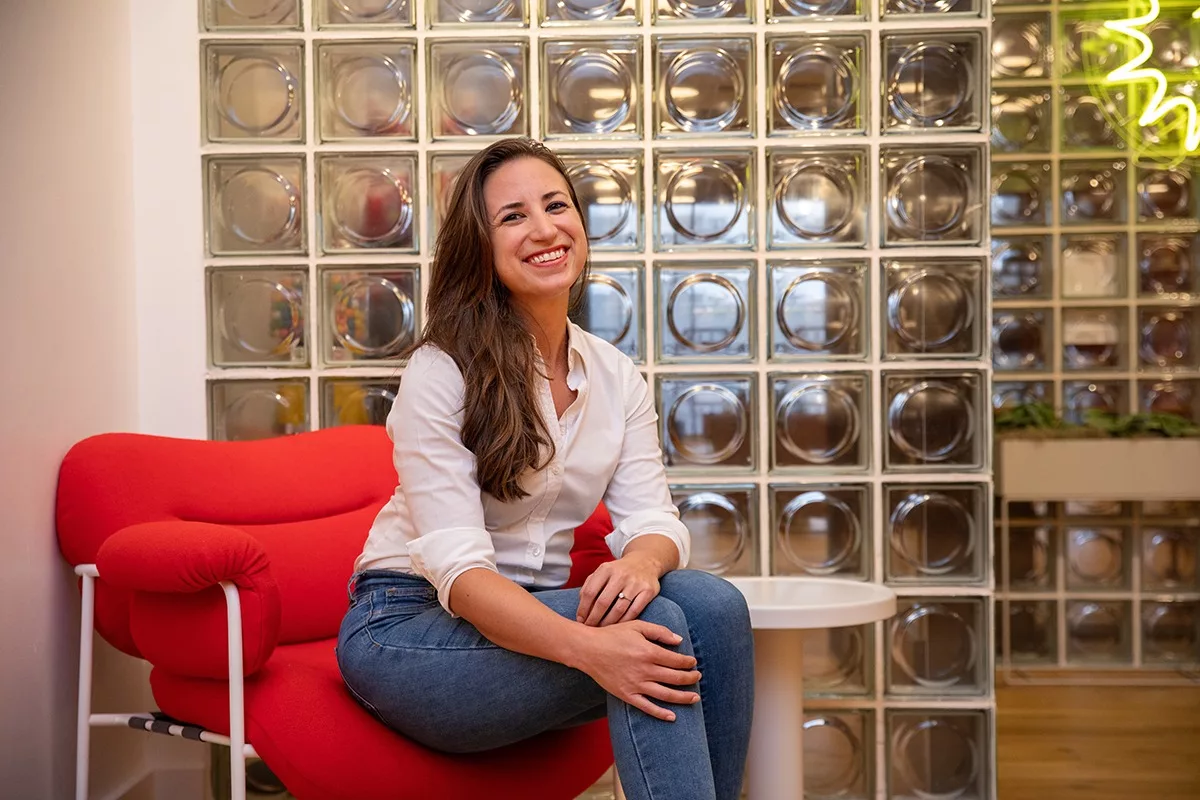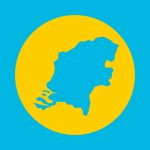This article is part of a series, The Wisdom of Women: Bold Insights From World Change.
“Everybody has a creative potential and from the moment you can express this creative potential, you can start changing the world.”
— Paulo Coelho
People, profits, and planet. There has always been a lot of emphasis on profit. Right now, there is a massive emphasis on planet. Our planet is dying and we are responsible. People are focused on how to run businesses that start to reverse this. When we hear the phrase “business and sustainability” we don’t even know if this is referring to a sustainable business (i.e. one that can last and be profitable) or the sustainable practices of your business (i.e. what you can do to affect climate change).
What gets less fanfare are the people.
Sure. We hear a lot about diversity and inclusion (D&I). We talk a lot about human capital. We create lists (like this one) that share the work and stories of amazing leaders. We post quotes on how to train your employees, how to treat your customers, and how to trust your suppliers. But most of us are missing a huge opportunity of actual co-creation of solutions with our people, although not for lack of trying.
We ask our employees what they want through team meeting, performance reviews, and company retreats. There is an inherent power play dynamic present in these situations that is clouding the results. No one wants to be the person in the room who says, “Chair massages are great, but I’d really like to work half-days on Fridays,” or “Thanks for buying dinner for the office when we all worked late last week to meet a deadline, but could I get paid the same as my male counterpart instead?”
They can also be too open-ended or vague. I was in meeting once where the head of my department said, “‘We’ve had some complaints about women feeling harassed on the trading floor. Does anyone know what they might be talking about? We aren’t a place that puts up with that.” His motivation was 100 percent spot-on. But a question phrased that way sets up an “us and them” dichotomy and can lead to people blaming each other by sharing examples.
We send out well-defined surveys. While removing the risk of public flogging or losing your job, surveys can almost swing too far the other direction — limiting the answers to a series of choices or “anything you would like to add” and stifling innovation. And how do you know what questions to ask? How do you know what you don’t know?
Answering that question is what propelled Jessica Day, Vivek Bhaskaran, Rob Hoehn, and Josh Folk to create IdeaScale.
Day worked in marketing. Folk was a White House intern who was interested in governments and technology. Bhaskaran and Hoehn ran a survey company where they had a number of clients who were realizing that they were only getting answers to the questions they knew to ask and wanted the answer to the questions they didn’t know to ask. The four started discussing creating a feature for the survey software that would capture this at the end, as a sort of “Did we miss anything?” with a plan to instantly incorporate those responses into future surveys.
Except, during this process of creating, they realized that what was needed wasn’t an add-on to the end of anything. It was the ethos of what the world needed. And, it turns out, it wasn’t really about the questions at all. It was about tapping into the creativity and the potential of people. In the simplest of explanations, it’s a crowdsourcing software platform that allows you to ask for ideas and solutions from your stakeholders. Responses are incorporated into the program instantly — making ongoing use even more productive. You can see how your business looks, feels, and interacts with all the people connected to it.
IdeaScale was founded on the belief that solutions to humanity’s biggest problems exist in all of us. They have created software that ensures those problems can be matched to the people who hold the solutions. Sound simple? You might be surprised to know where the best solutions come from.
In 2012, Cerebral Palsy Alliance launched “The Innovation Hub,” an IdeaScale-powered forum for employees. This program’s success led to the creation of a similar form for other stakeholders. One day, a man in Turkey said that it would help his cerebral palsy if he had a solar-powered wheelchair because he did not always have access to reliable energy sources. A lot of other people from the Cerebral Palsy Alliance agreed and voted that they would like to see this. A team prototyped and developed the world’s first solar powered wheelchair and offered the prototype to the man in Turkey who had originally suggested the idea.

Imagine what you could discover if you could tap into the creativity and potential of your people.
IdeaScale was also founded on the belief that it is possible to be a good/ethical company and care about your employees and the environment, regardless of what your mission is. They are on their way to being the first of their type of software to be carbon neutral before the spring is over. They provide time off for voting and volunteering, have a partially distributed team, and believe that pay equity and D&I are critical to running a successful business.
These practices and beliefs not only make IdeaScale a leader in the social impact business sector, but they are also part of what gives these four co-founders a deep connection.
The need to have a good relationship and shared sense of values with your co-founder(s) is well documented. But, as Day shared that last part with me, I couldn’t help but think about the fact that she is one woman with three male co-founders. “Based on everything I have heard and read most of my life,” I thought, “that could be really challenging.” So I asked her about it.
Her answer is further proof of the power of conscious leaders to change the world:
“I don’t think I could ask for a better support system or set of advocates,” Day says. “I deal with imposter syndrome, like many other female founders, and they are so great at encouraging me to own that I am someone who is part of building this company, not someone who just works here. I’ve never felt like I didn’t have permission to say, ‘I don’t know how to do this.’ We all know each other, as people, and recognize the unique experiences and talents we bring to the company. They have also pushed me to be the one that speaks at events or represents us in a particular way, which is working to increase my own confidence level and spreading the message that women can talk about tech companies.”
IdeaScale is a company that amplifies how you can be on trend, make money, and build something that positively impact the lives of a massive amount of people (including the ones who work for you), as well as our planet.
Imagine what you could build if you tap into the diversity and experiences of your people.
Do you have a problem you’d like to solve? Contact Day and IdeaScale today to learn more about how they can help.
See the rest of this series at The Wisdom of Women: Bold Insights From World Change.





